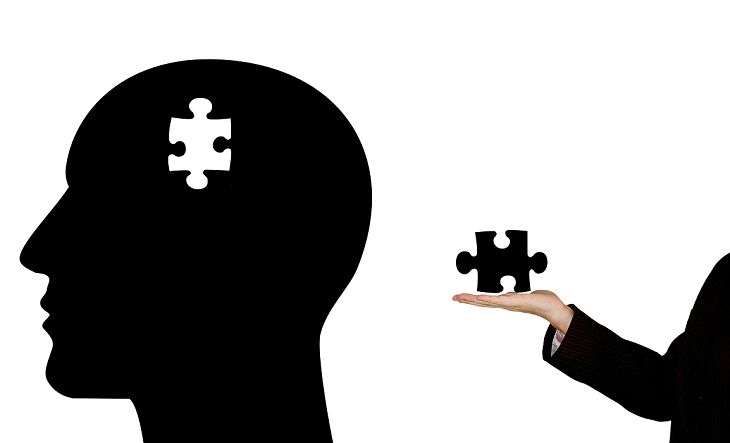A team of specialists has made a groundbreaking discovery by obtaining direct recordings of the human brain minutes before and after disconnecting a crucial hub for language meaning.
This rare opportunity demonstrates the role of brain hubs in various neural networks and the brain's amazing ability to compensate when this hub is lost, a process not observed before.
Let's find out what the scientists have discovered.

An essential part
Hubs are essential for connectivity in various systems, from bicycle wheels to airport networks.
Similarly, the human brain has hubs that coordinate complex functions, such as understanding speech.
The experiment challenged the controversy around the irreplaceability of highly interconnected brain hubs, demonstrating that losing a hub that is essential for language meaning has intrinsic importance, and the brain rapidly attempts to compensate for its loss.
The research involved patients with epilepsy undergoing surgery to remove the anterior temporal lobe, a brain hub for language meaning.
The surgical team left recording electrodes in place during and after the procedure, allowing pre- and post-operative evaluations of signals from distant brain areas.
The findings highlight a rapid disruption of signaling in speech and language processing brain parts, disproving theories challenging the necessity of specific brain hubs.
Why it's important to know
The experiment proves a brain theory suggesting that the brain, as a self-organizing system, works to regain order after losing one of its hubs.
This experiment highlights the significance of obtaining and comparing special recordings before and after brain surgeries, advancing neurosurgical treatments.
Previously, we talked about a brain-healing protein.












